State Recognition and Its Relevance in Present World
In traditional jurisprudence, a state is regarded as a fundamental unit or entity within international law, possessing defined rights within the system. The creation of a new state within this framework often occurs through the division or dissolution of an existing state or empire. As these empires have fallen, issues like state recognition have shifted from being prominent legal concerns to more historical matters, though they still hold practical significance.
States are sovereign entities comprising territory, population, legal frameworks, cohesive forces, and institutions. Traditional legal theory views the state as the primary actor on the international stage, with each state holding equal sovereign powers. Sovereignty is a key element that allows a state to maintain its position and interact with other nations. Recognition of a state enables it to engage in treaties and agreements with other nations, represent itself, and actively participate in international organizations such as the International Court of Justice and the United Nations.
State recognition under international law is essentially one state’s formal acknowledgment of another as a "state" within the context of international law. This recognition is a unilateral act, based on the discretion of the recognizing state, and can be either explicit or implicit. The method of recognition is less important than the clarity of intent behind it. What matters is that the recognition clearly indicates an intent to accept the new entity as a state or to engage with a new government as the effective authority of a state. In some situations, recognition can be implied, depending on the circumstances. In essence, recognition is a declaration by one state that, in its view, another entity qualifies as a "state" within the realm of international law and is thus a subject of international law.
Theories for Recognition of States
Declaratory Theory
The declaratory theory holds that statehood or the legitimacy of a new government exists independently of recognition, even before it is formally recognized by other states. Recognition, in this view, is simply a formal acknowledgment of an already existing fact. This theory is supported by scholars like Brierly and Fisher.
Brierly argued that granting recognition to a new state is not a 'constitutive' act, but rather a 'declaratory' one. A state may exist even before it is recognized, and if it does exist in fact, it has the right to be treated as a state, regardless of whether it has been formally recognized by other states.
The classical application of the declaratory theory is reflected in the Montevideo Convention on the Rights and Duties of States. Although the Montevideo Convention is a regional treaty, it is regarded as a restatement of customary international law, as it codified the existing legal norms on statehood.
According to Article 1 of the Convention, four criteria are outlined for statehood:
- (a) A permanent population;
- (b) A defined territory;
- (c) A government; and
- (d) The capacity to enter into relations with other states.
A Permanent Population
A permanent population refers to a stable community residing within the recognized territory of a state. There is no requirement for a minimum number of people or a specific length of time that the population must reside in one place. The key point is that there must be a stable community, which constitutes the physical existence of the state.
A Defined Territory
States are territorial entities, meaning they need a territory for their population. However, this does not mean the territory must be precisely delimited or of a certain minimum size. Even if other states claim the entire territory of an entity, it does not necessarily undermine its claim to statehood.
A Government
For an entity to be considered a state, it must have a government that exercises effective control over its territory and population. This government should be capable of establishing and maintaining a legal order. Moreover, it must be free from direct interference or control by other governments and must not function as a puppet of any other state.
The Capacity to Enter into Treaties
According to Articles 3 and 6 of the Convention, this criterion should not be interpreted as requiring a state to be recognized by other states in order to engage in diplomatic relations with them. The ability to enter into treaties reflects the state's capacity to interact with other states on an international level.
Constitutive Theory
The Constitutive Theory holds that recognition is the sole method by which a state or a new government gains status or authority in the international sphere. Supporters of this theory, such as Anzilloti and Oppenheim, argue that it is only through recognition that a state comes into existence and becomes an international entity.
Oppenheim stated that a state only comes into existence and is recognized as an international person through the act of recognition.
In practice, if a territory is not recognized by other states, it lacks the capacity to engage in relations with them and essentially becomes a pseudo-state. Without external recognition, such regimes are more likely to fail because they have fewer resources, limited opportunities for trade and financial exchange, less influence in international organizations and weaker legal claims to their territories and populations compared to recognized states.
Types of Recognition
- De Facto Recognition: This occurs when an existing state acknowledges a new state, and by virtue of this recognition, the new state's existence is acknowledged. This type of recognition is often seen as provisional or temporary.
- De Jure Recognition: De jure recognition is granted when a state or government possesses all the essential attributes of statehood and is capable of representing itself as a member of the international community. This form of recognition is considered more formal and permanent. Phillips Marshall Brown stated that once de jure recognition is granted, it is final and cannot be withdrawn.
Relevance in Present Society
From the discussion, it is clear that the two theories—Declaratory and Constitutive—offer limited assistance in describing recognition or determining the status of non-recognized entities in practical terms. In practice, the distinction between these two theories is not significant. Under the Declaratory Theory, a state exists independently of recognition, and recognition merely acknowledges its pre-existing statehood. On the other hand, the Constitutive Theory imposes an obligation on existing states to treat an entity that meets the criteria of statehood as a state. In reality, states often follow a middle path between these two theories when deciding on recognition.
Recognition has legal implications both internationally and domestically. If an entity is recognized as a state, it gains rights and obligations that would not otherwise apply. It also enjoys privileges and immunities of a foreign state and can present itself before the national courts of other states, which is not possible for non-recognized entities.
In today's world, the existence of a state is not solely dependent on whether it has been recognized. The key factors in determining statehood are whether the elements of statehood—such as population, defined territory, and a functioning government—are present in a particular case.
However, for an entity to function effectively as a state, it must be recognized by a certain number of other states. In recent practice, recognition often depends on the fulfillment of specific conditions, such as adherence to the UN Charter, the rule of law, democracy and human rights. While these are not the sole criteria for recognition under international law, it is argued that states are obliged to grant recognition to a new state or government that fulfills the legal requirements of statehood or governmental capacity in relation to diplomatic relations.
Conclusion
The theories and judgments in prominent Indian cases reveal the ongoing conflict between the supremacy of international law and municipal law. Theories like the specific adoption theory and the delegation theory attempt to clarify the relationship between these two legal systems, but they have not achieved universal acceptance. In India, when a conflict arises, municipal law generally prevails, but this does not mean international treaties and laws are ignored. International law remains an independent legal system, with its application in a state dependent on municipal laws and legislative authorities.
The acceptance of international laws varies from state to state, but their importance in governing relations between nations is undeniable. The theories of delegation and specific adoption underscore the significance of international laws and highlight how these theories contribute to a fair legal framework for resolving disputes between nations. The ongoing critique and refinement of these theories are crucial for developing a more universally accepted understanding of the relationship between international and municipal law. Until then, the relationship between the two legal systems remains a complex and evolving issue.
Share
Tags
Archive
Popular & Recent Post






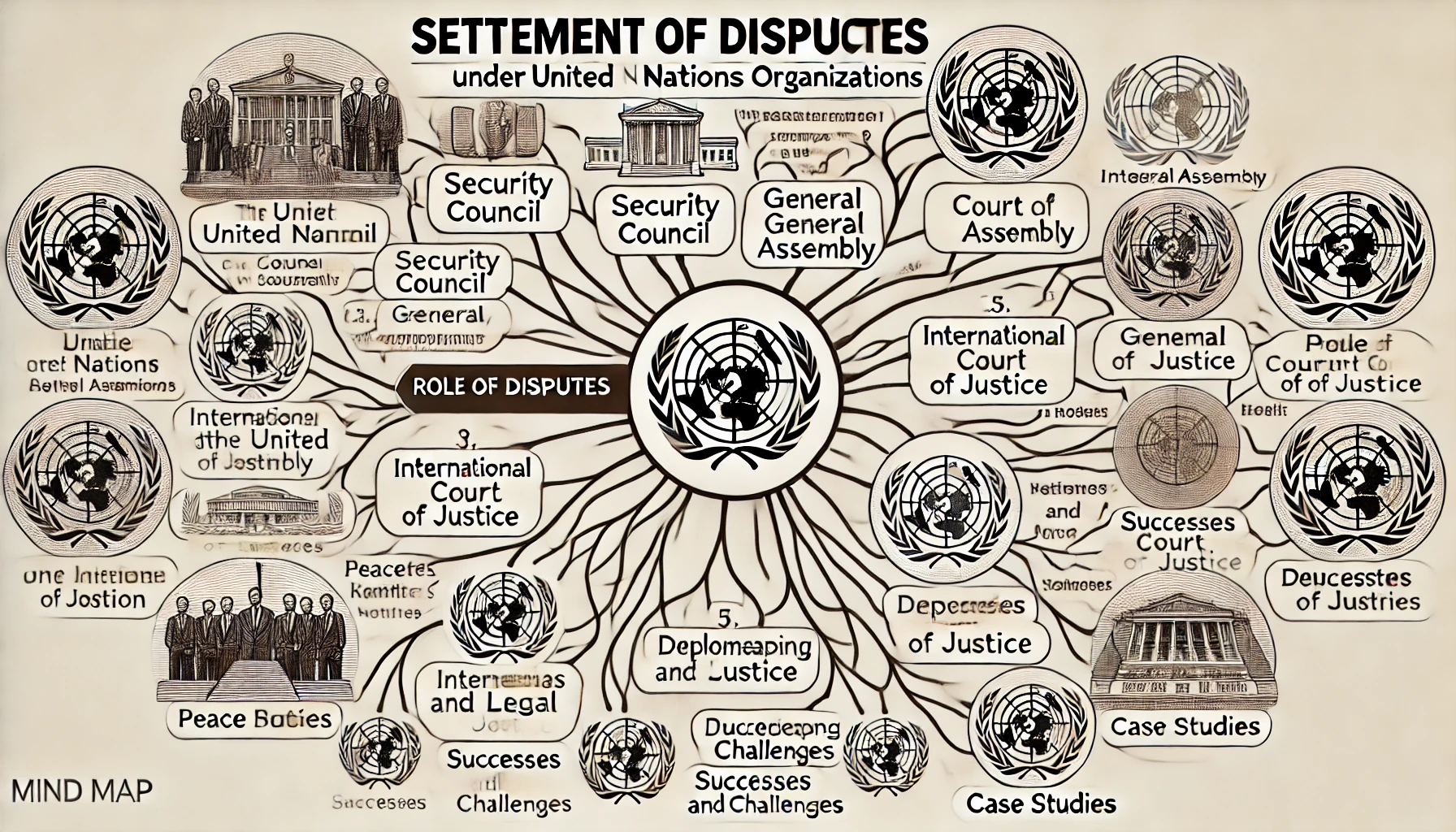
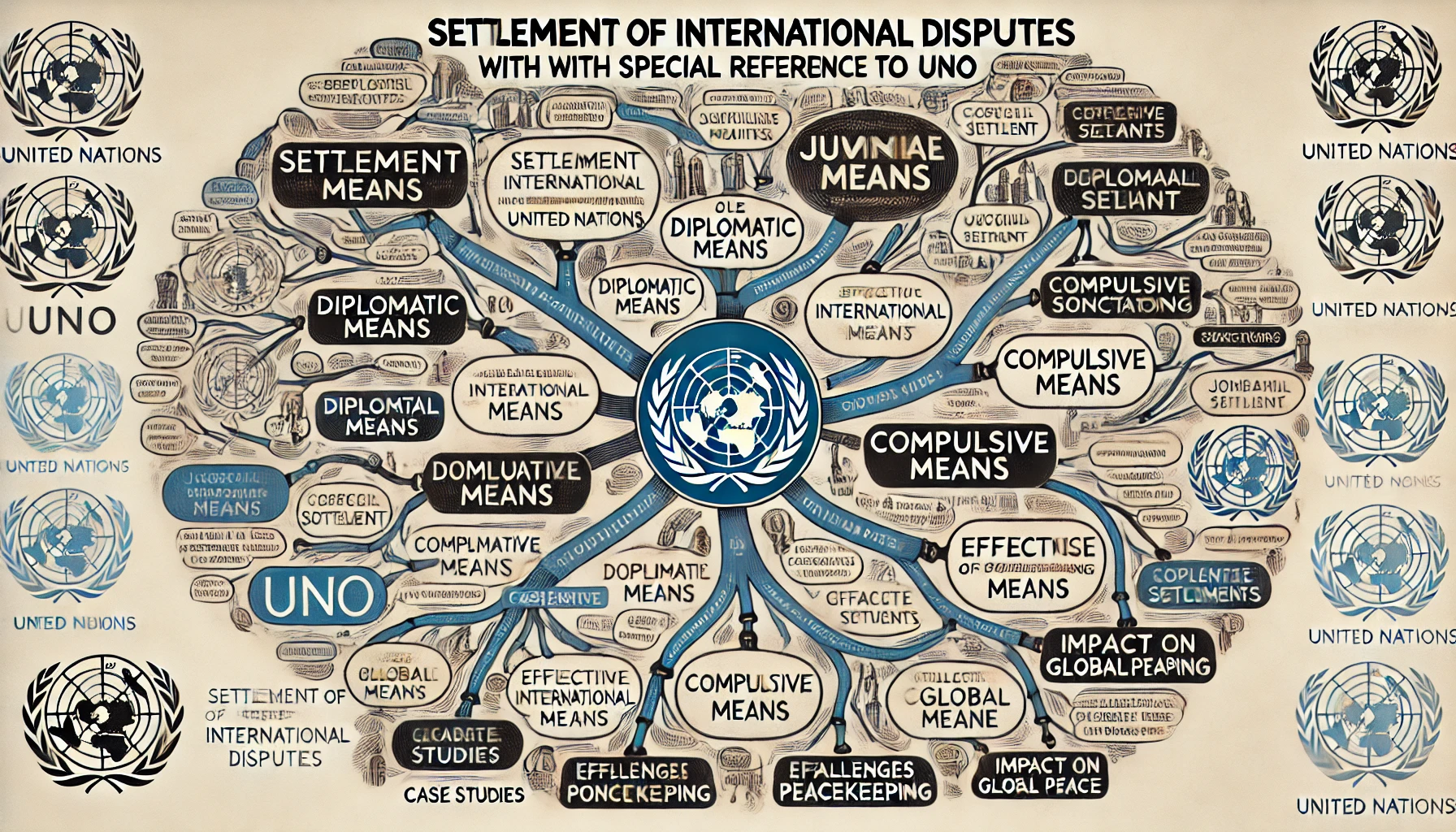
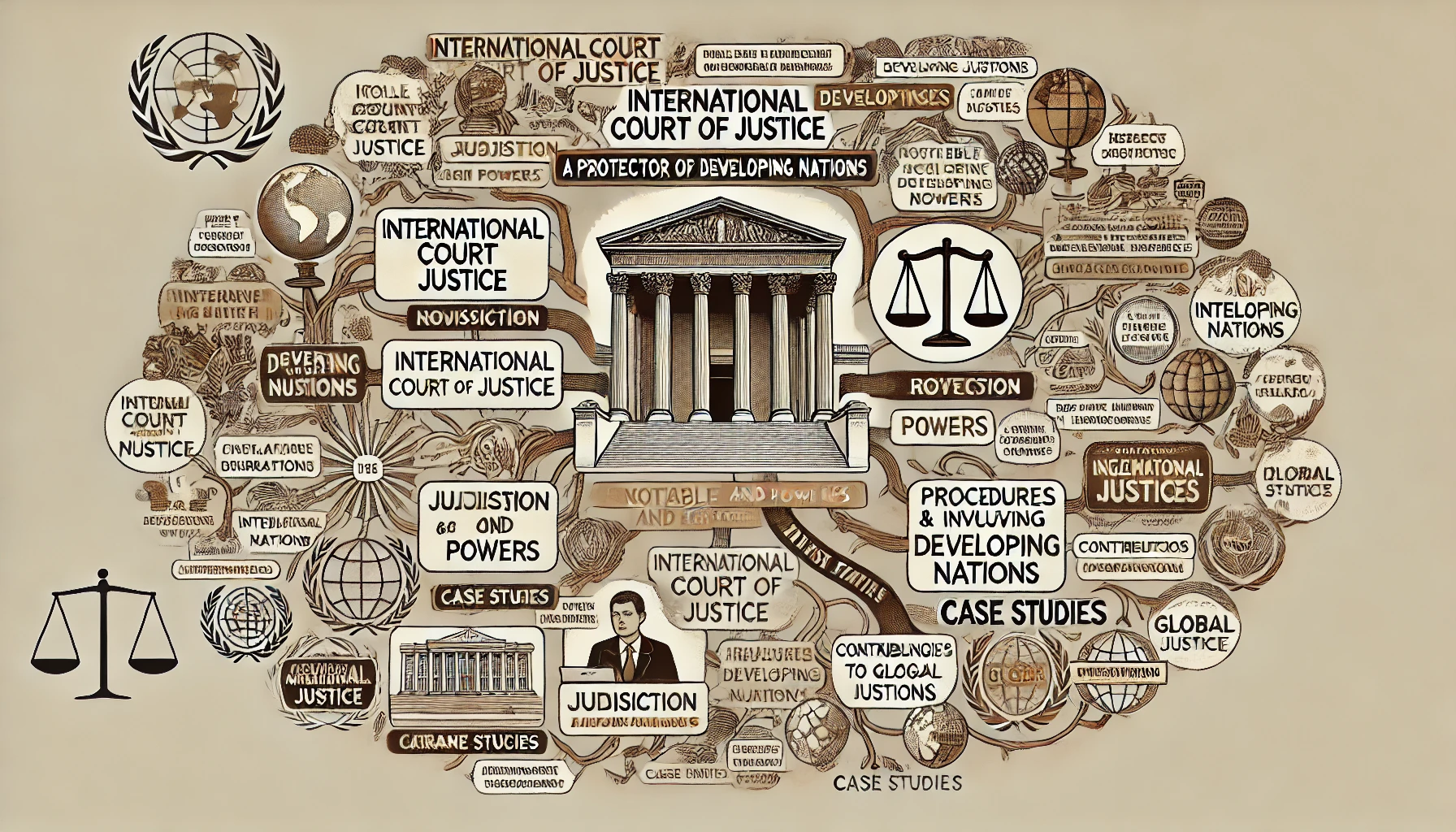
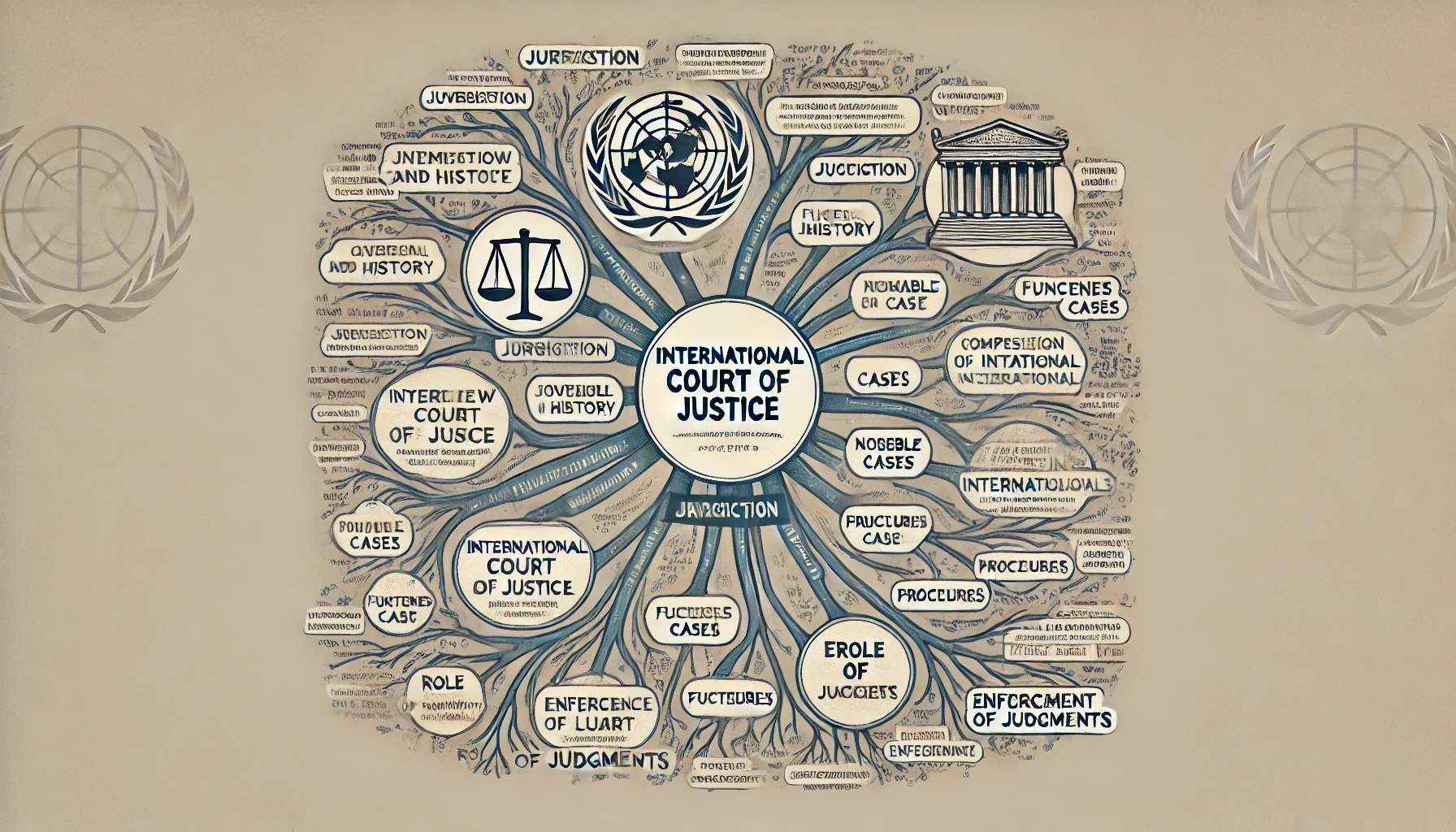
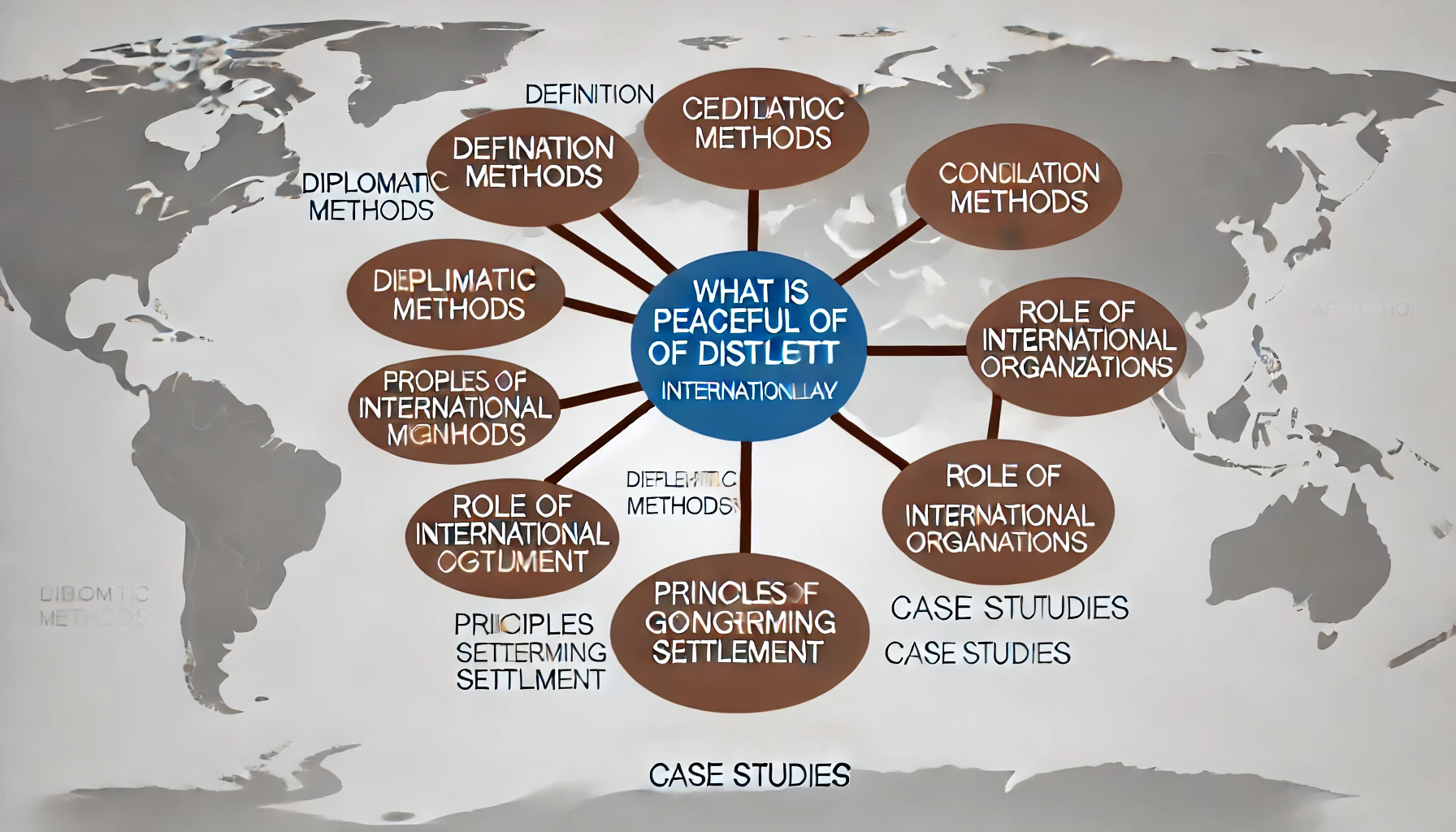

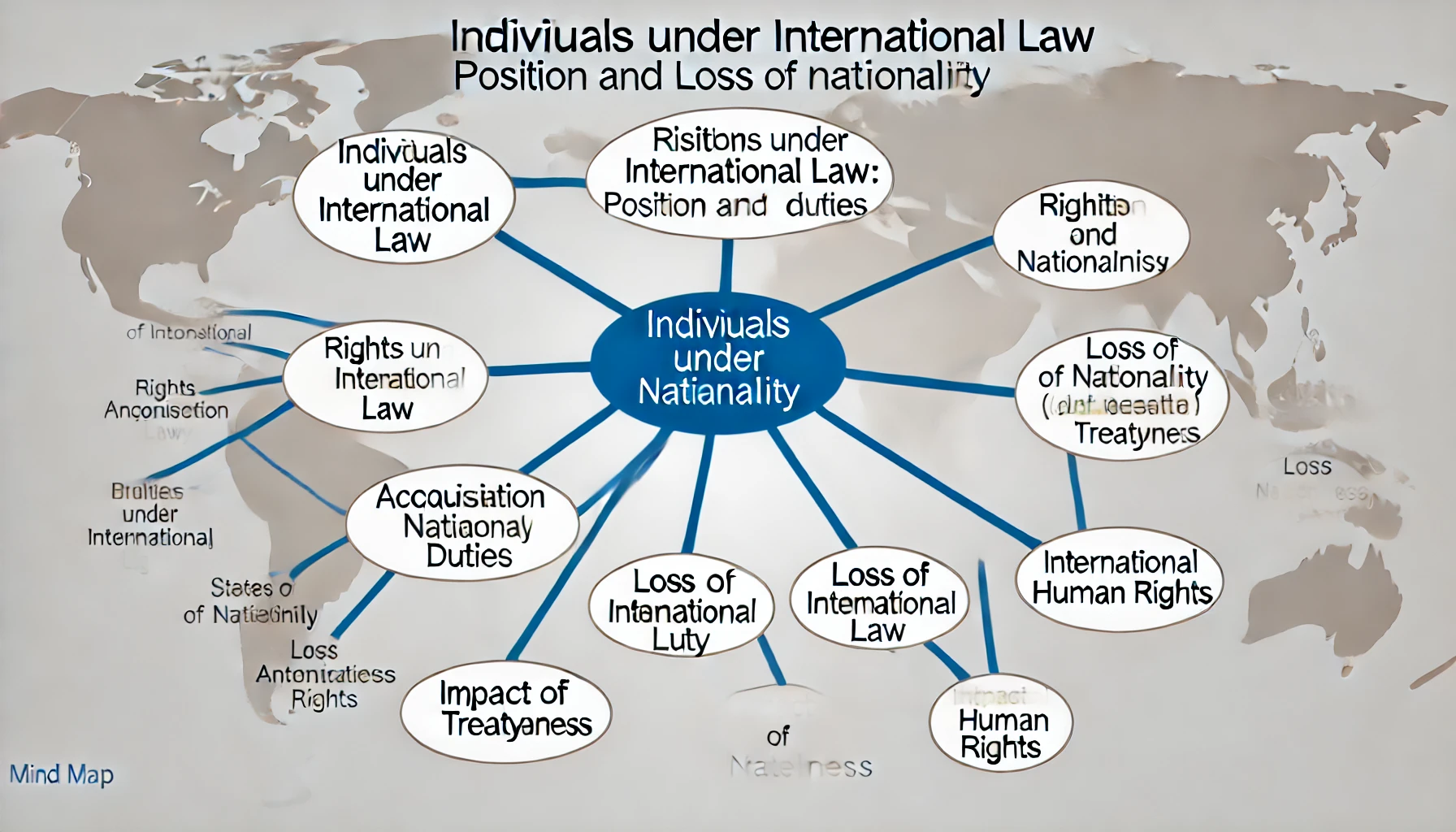
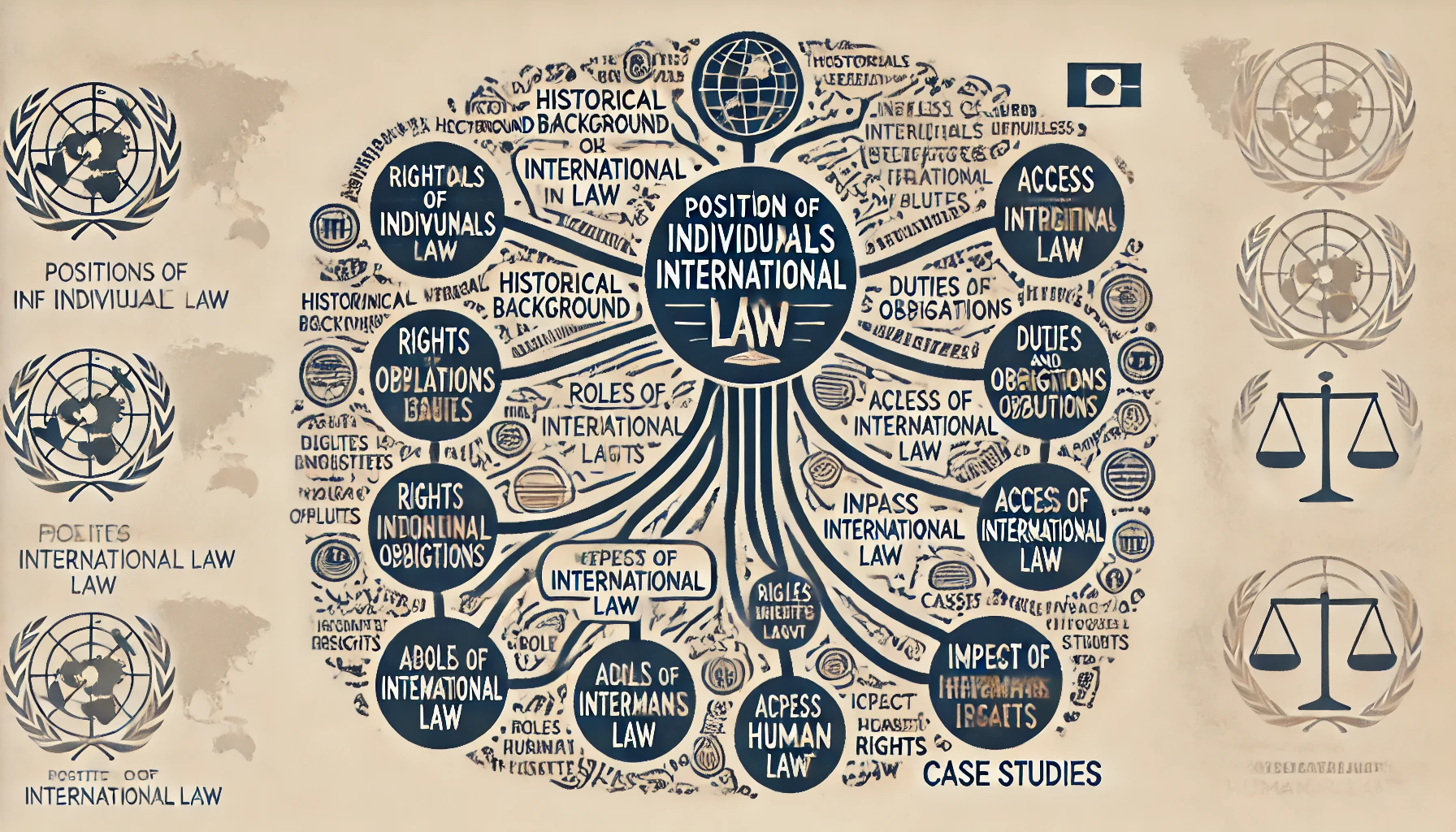
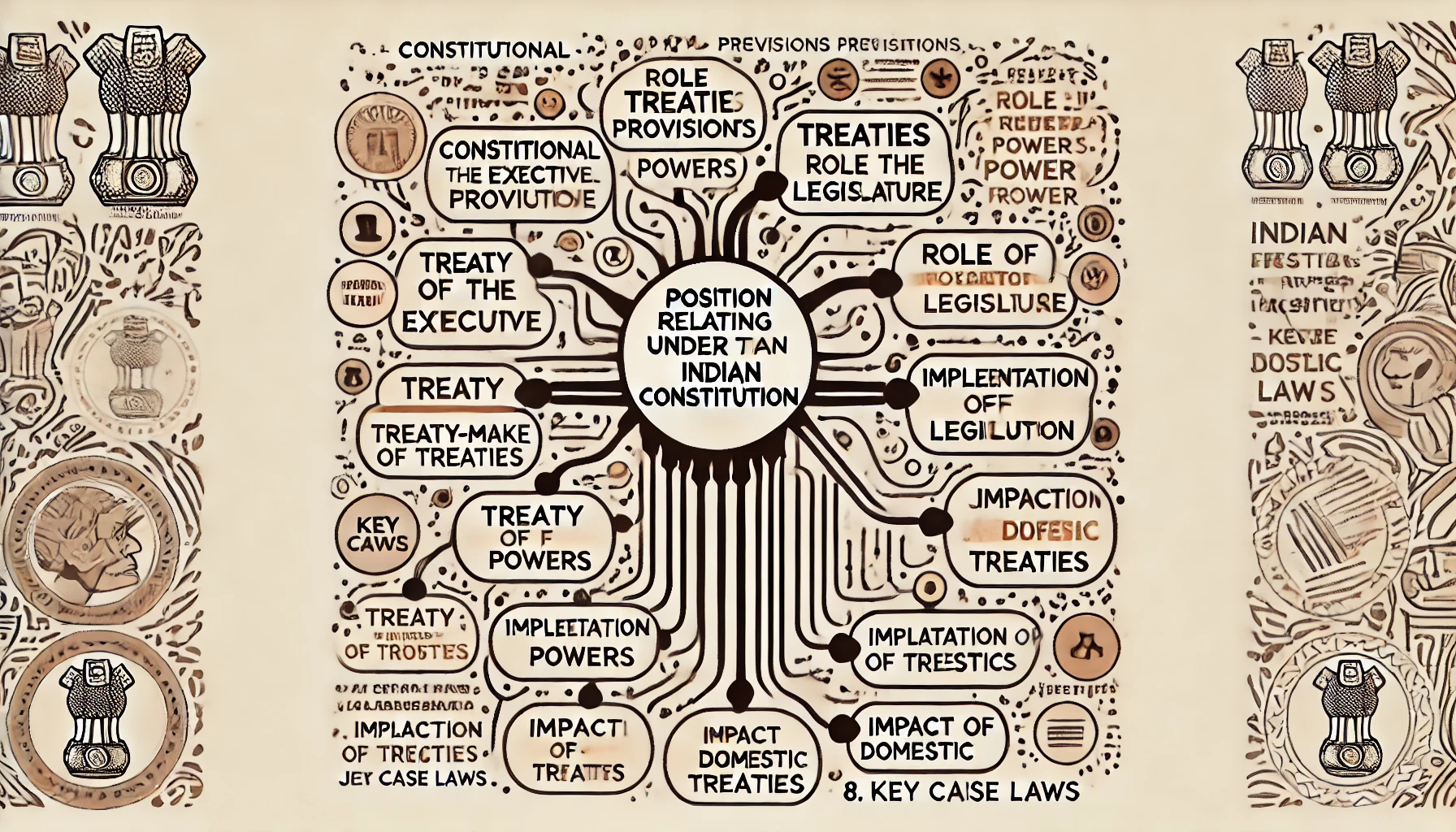

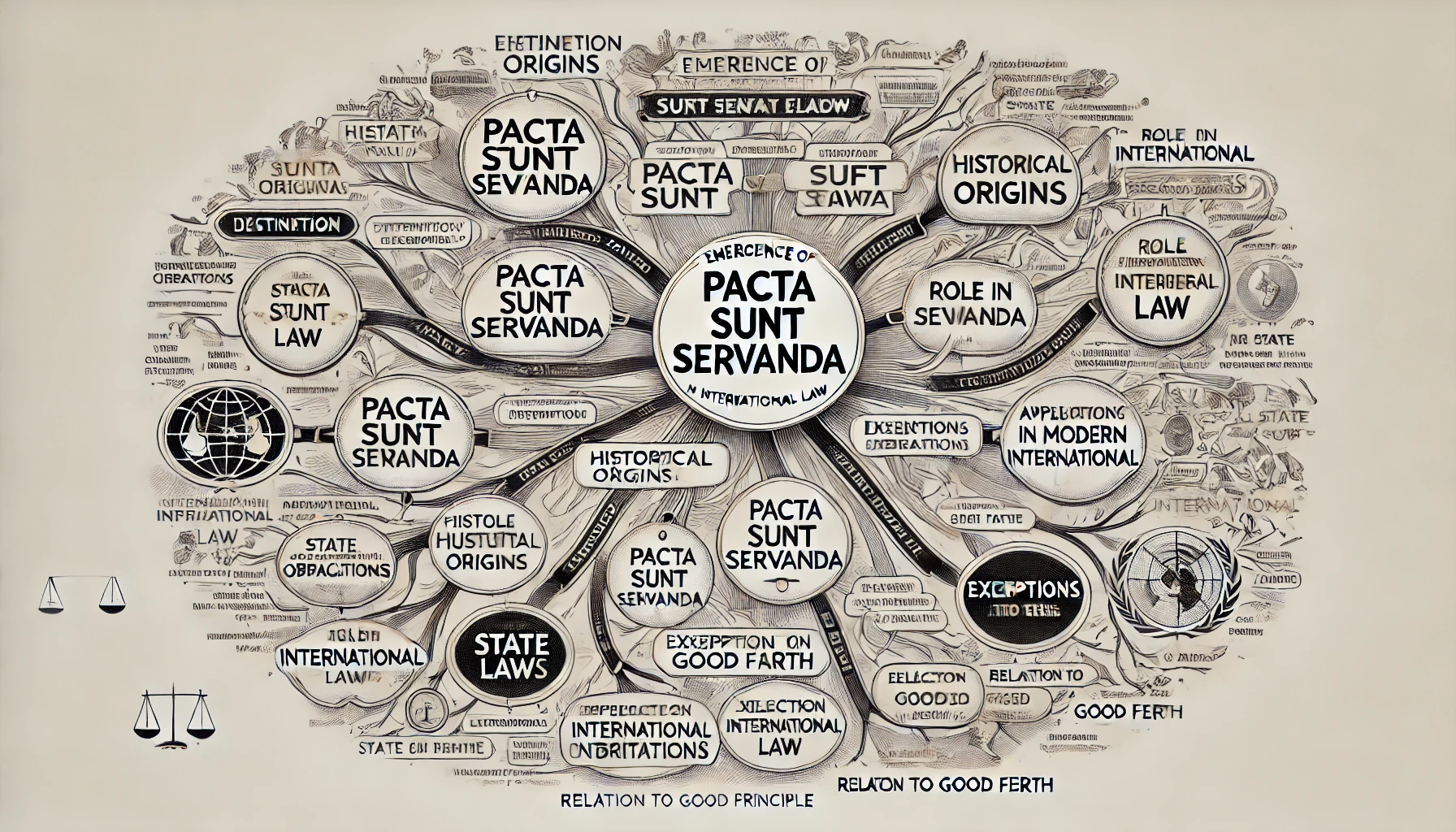
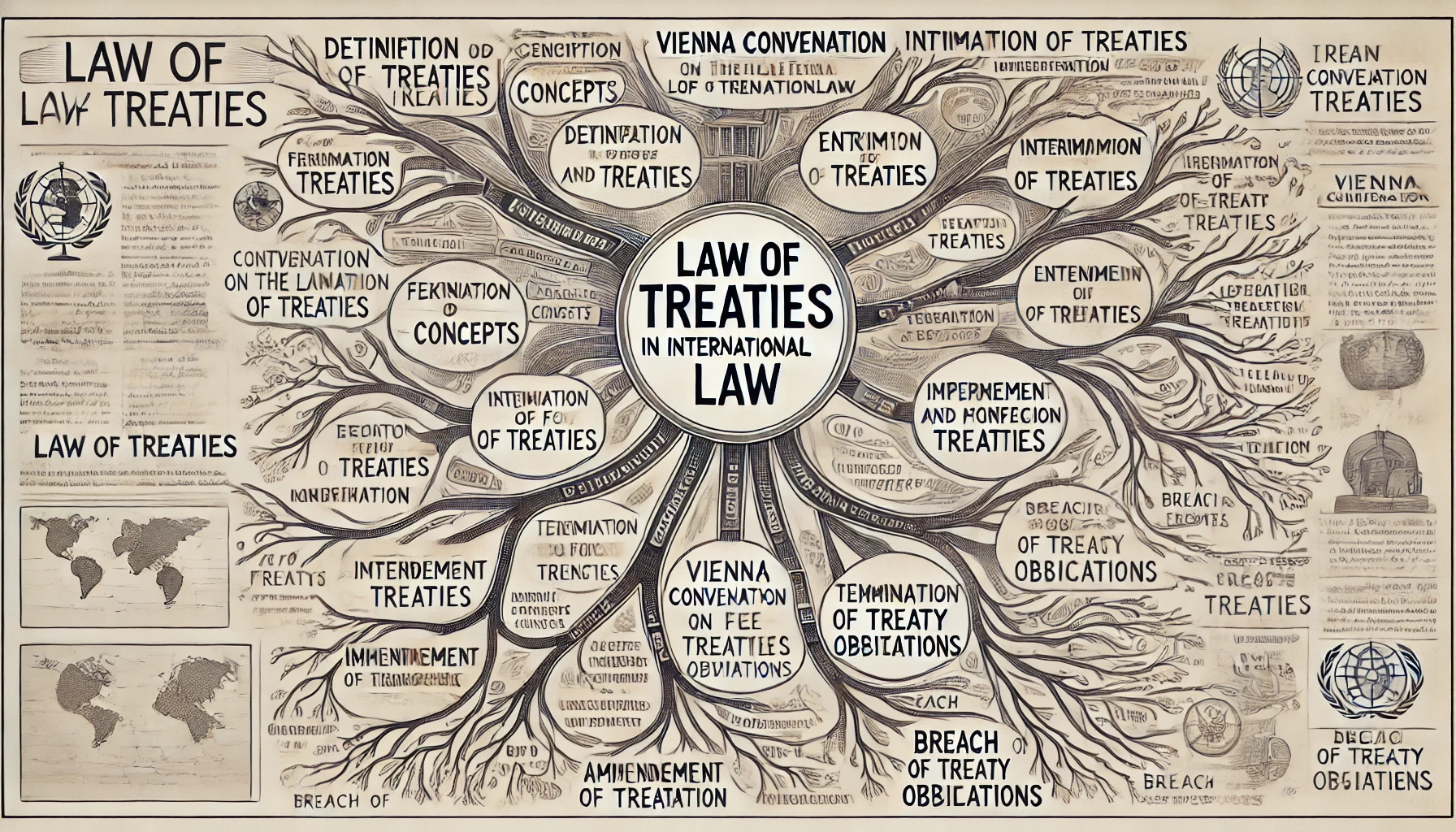
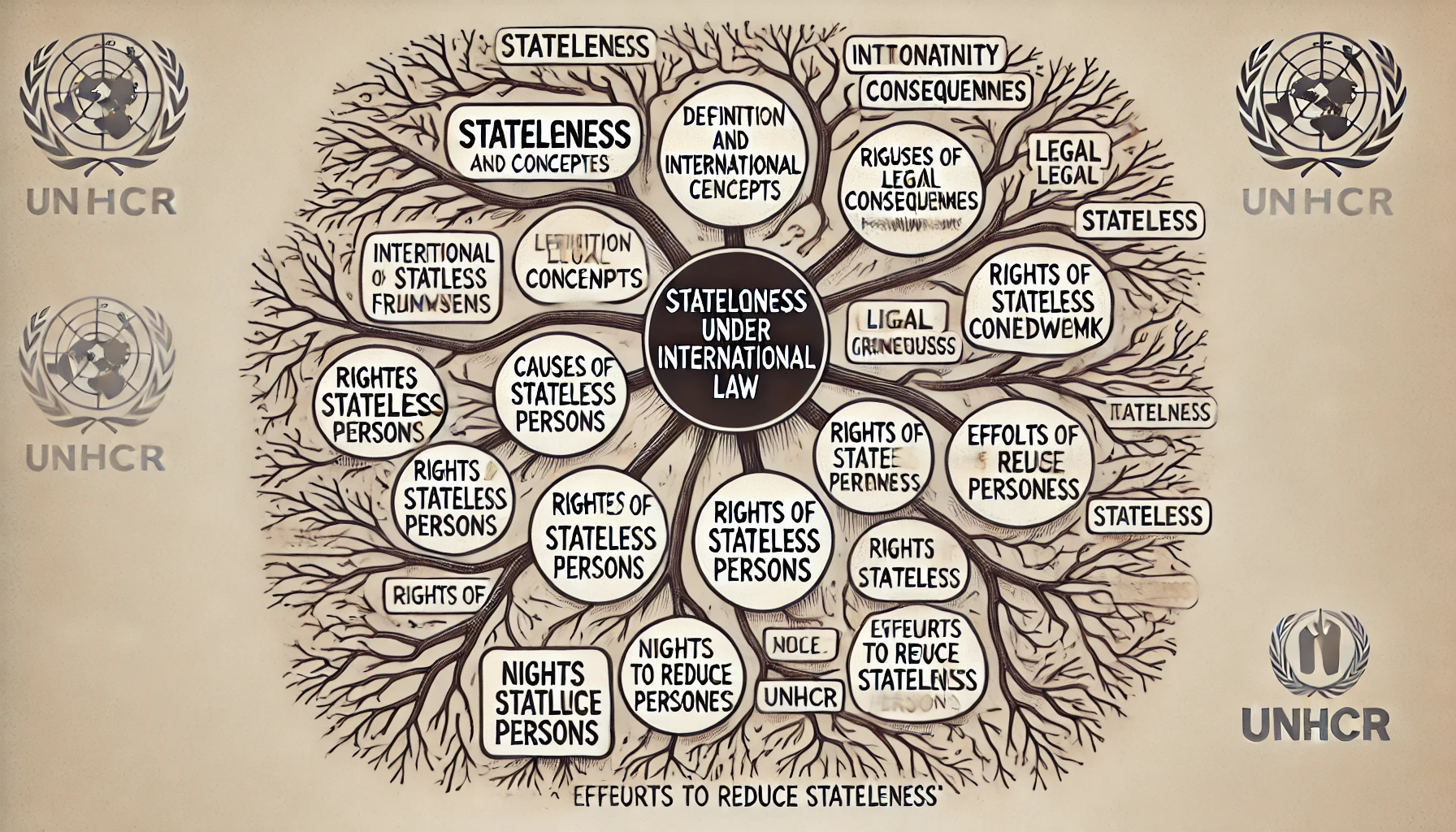
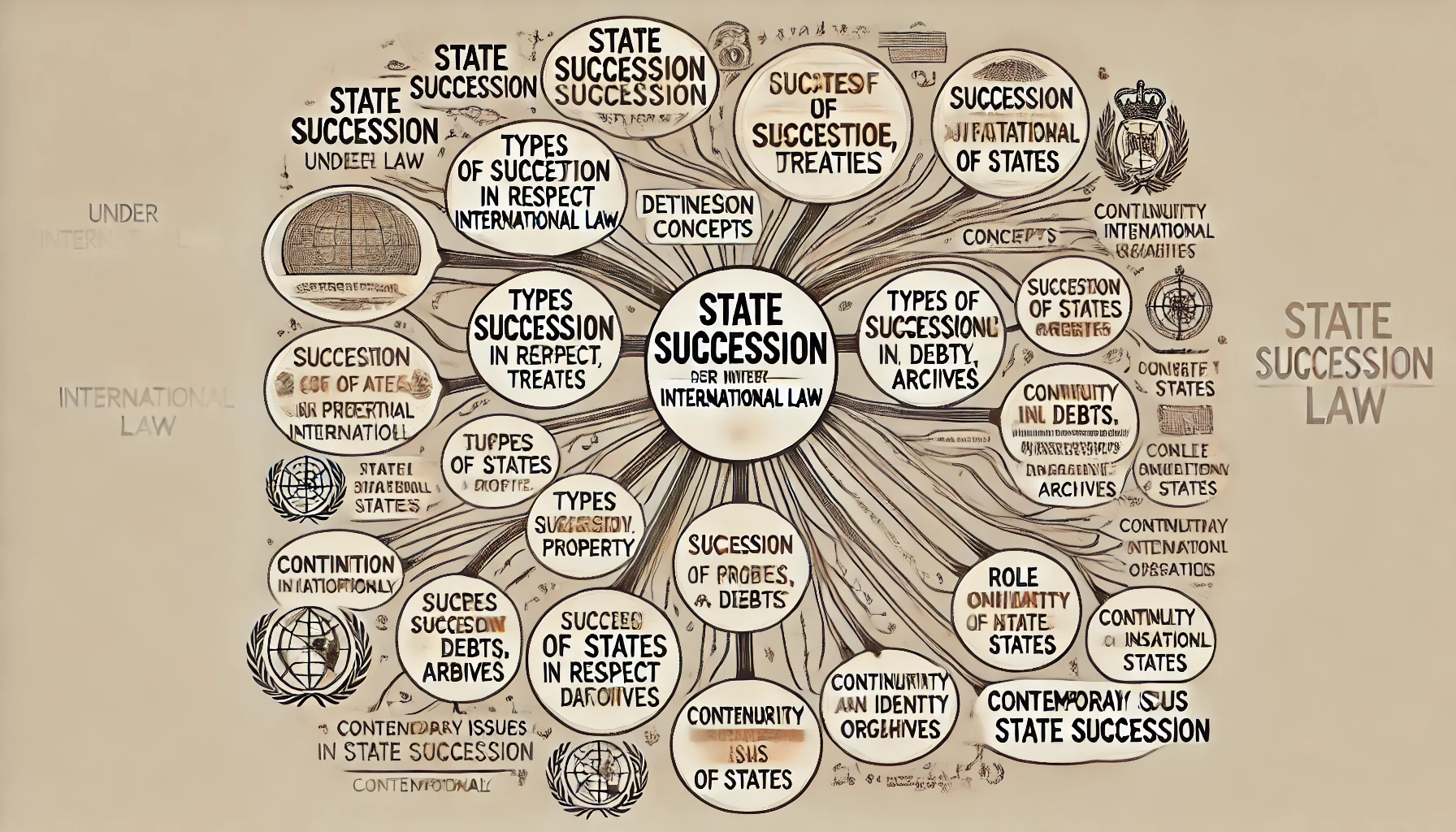
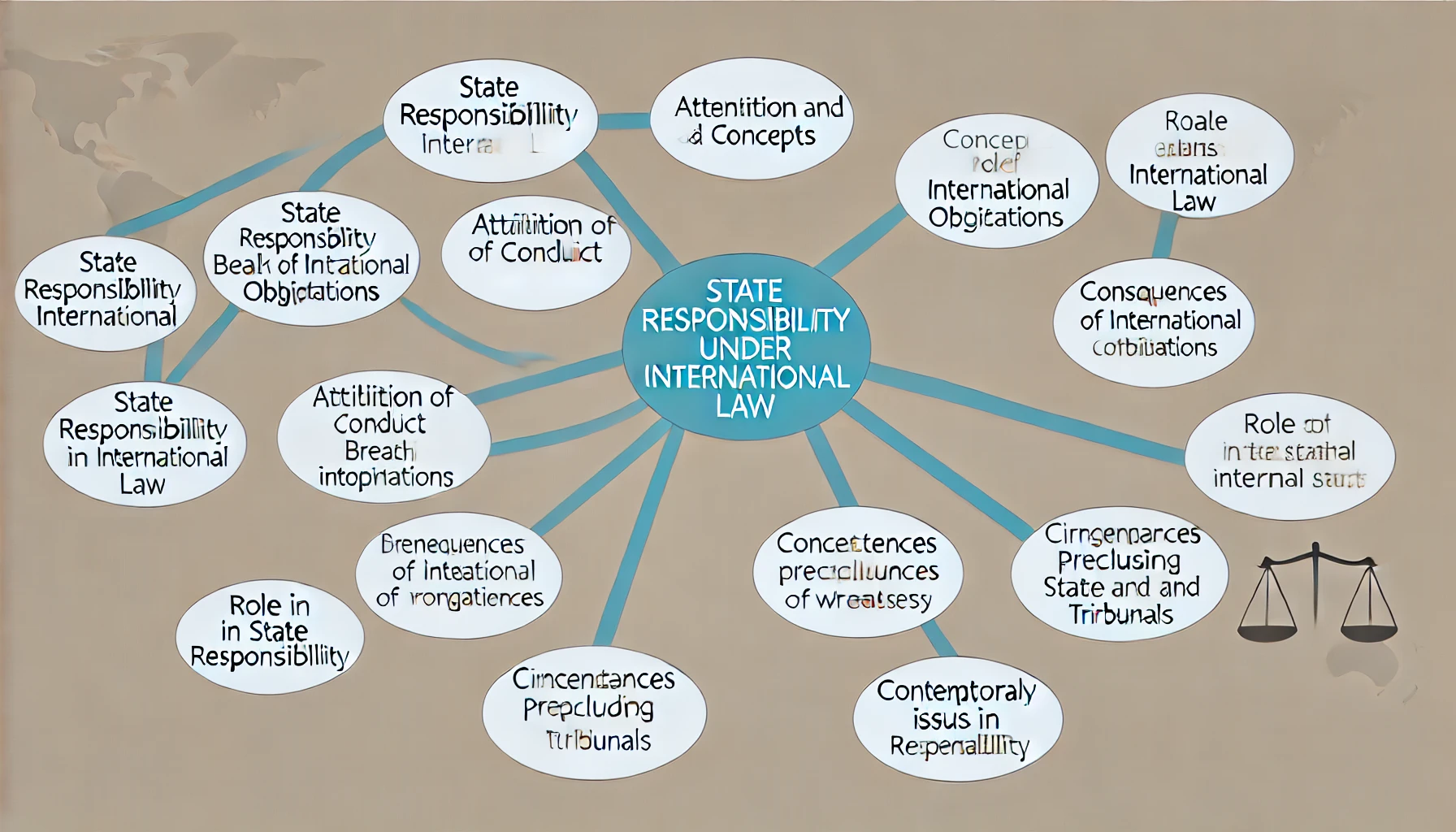
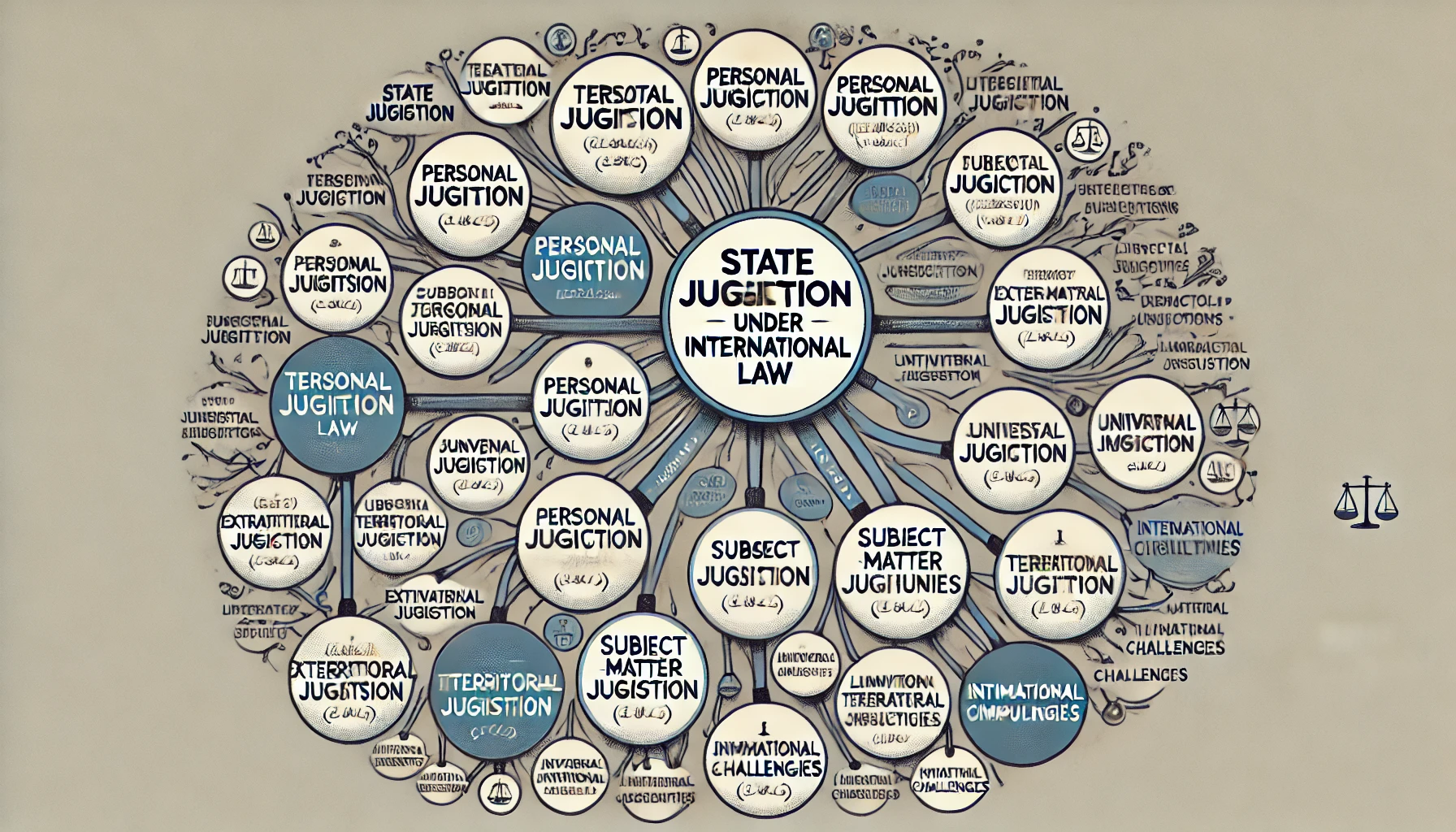
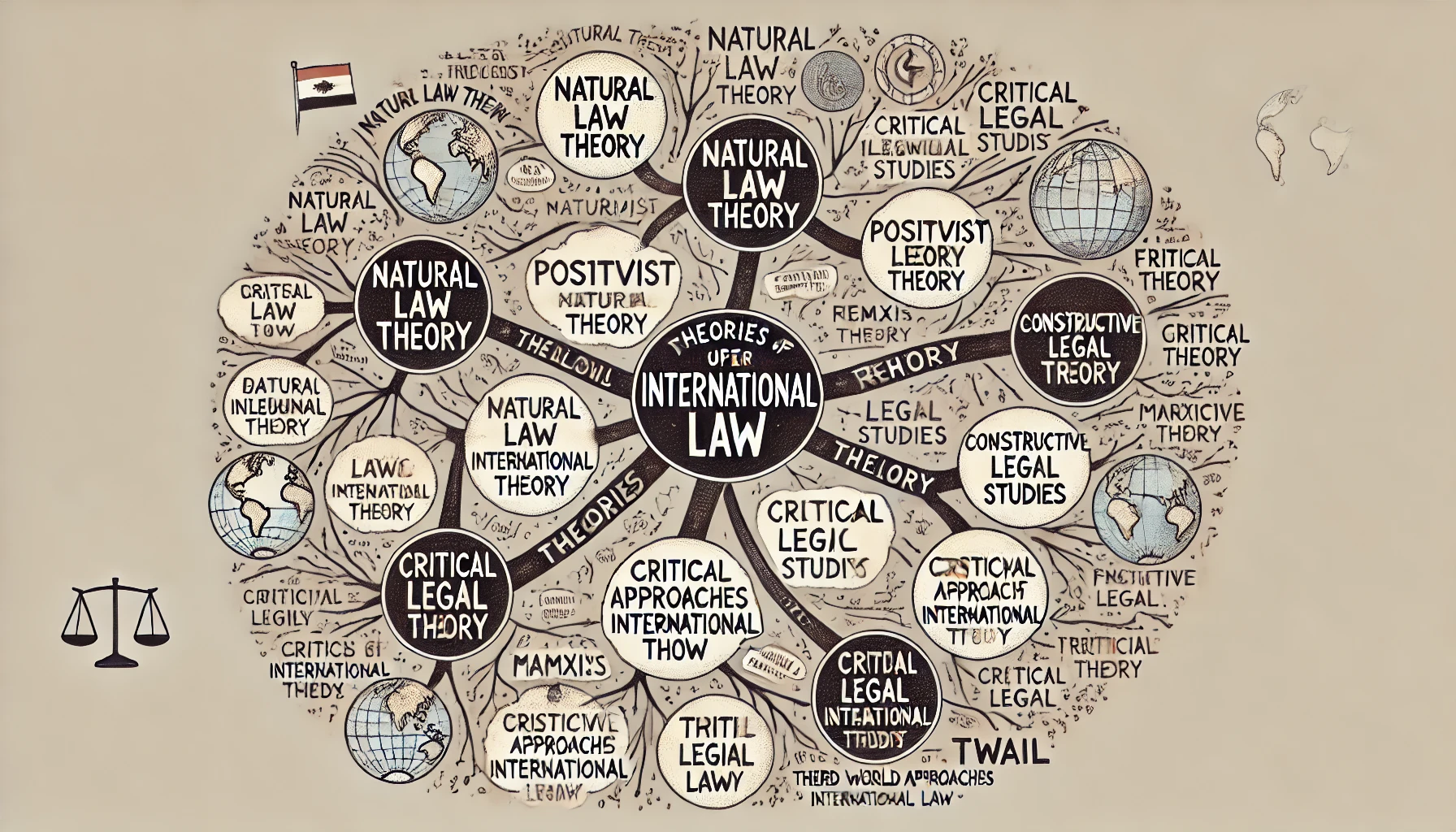
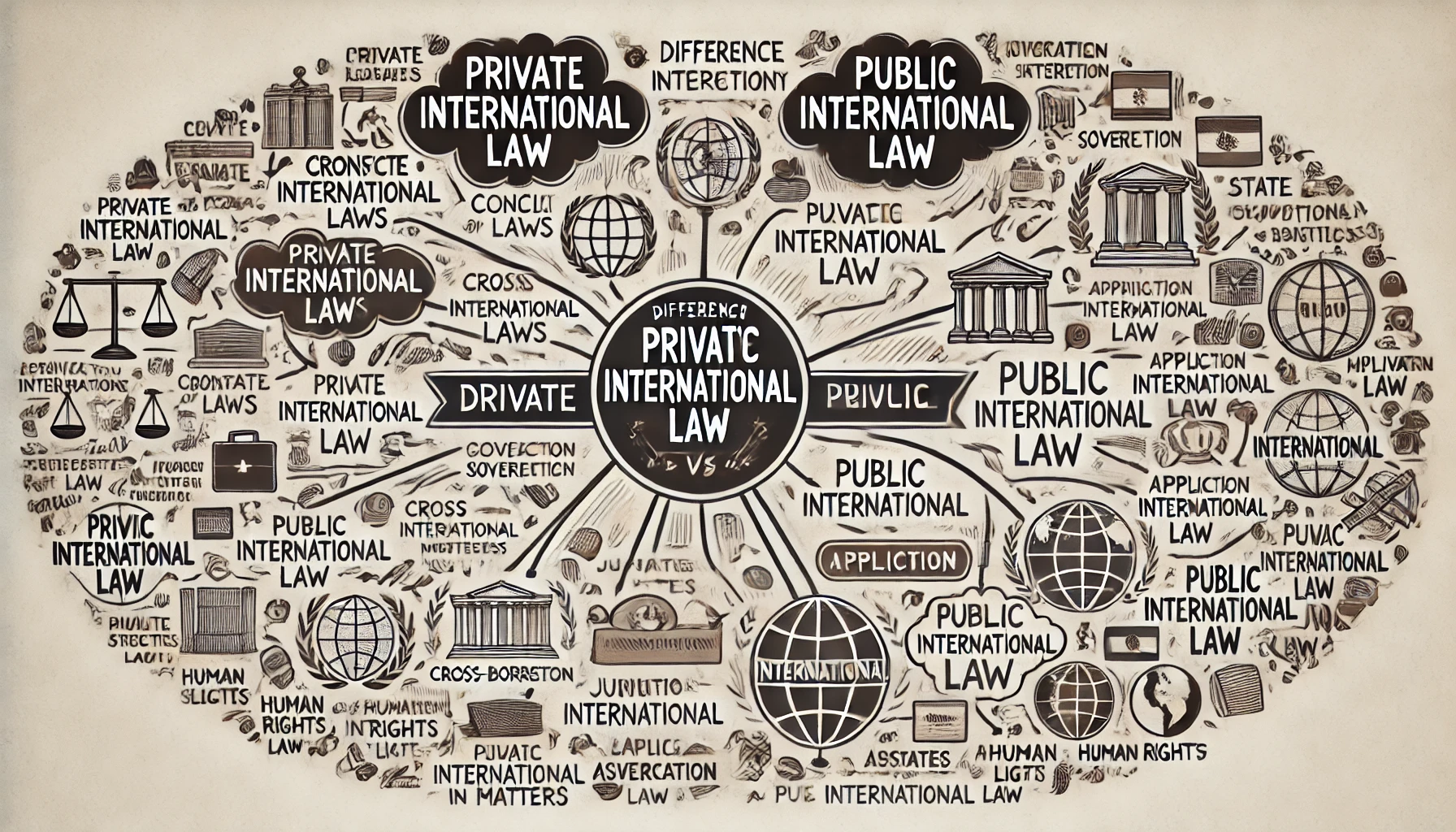
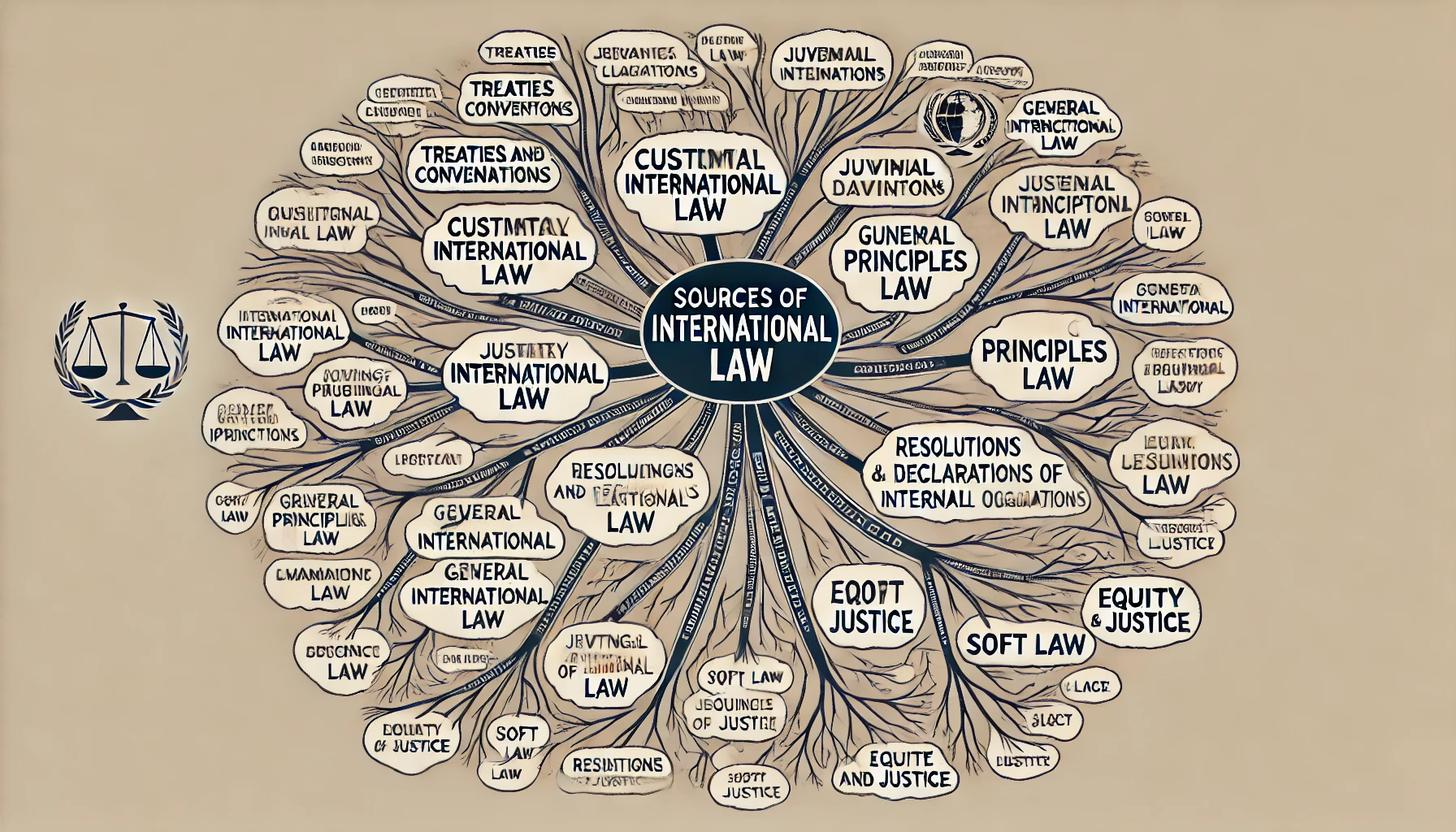
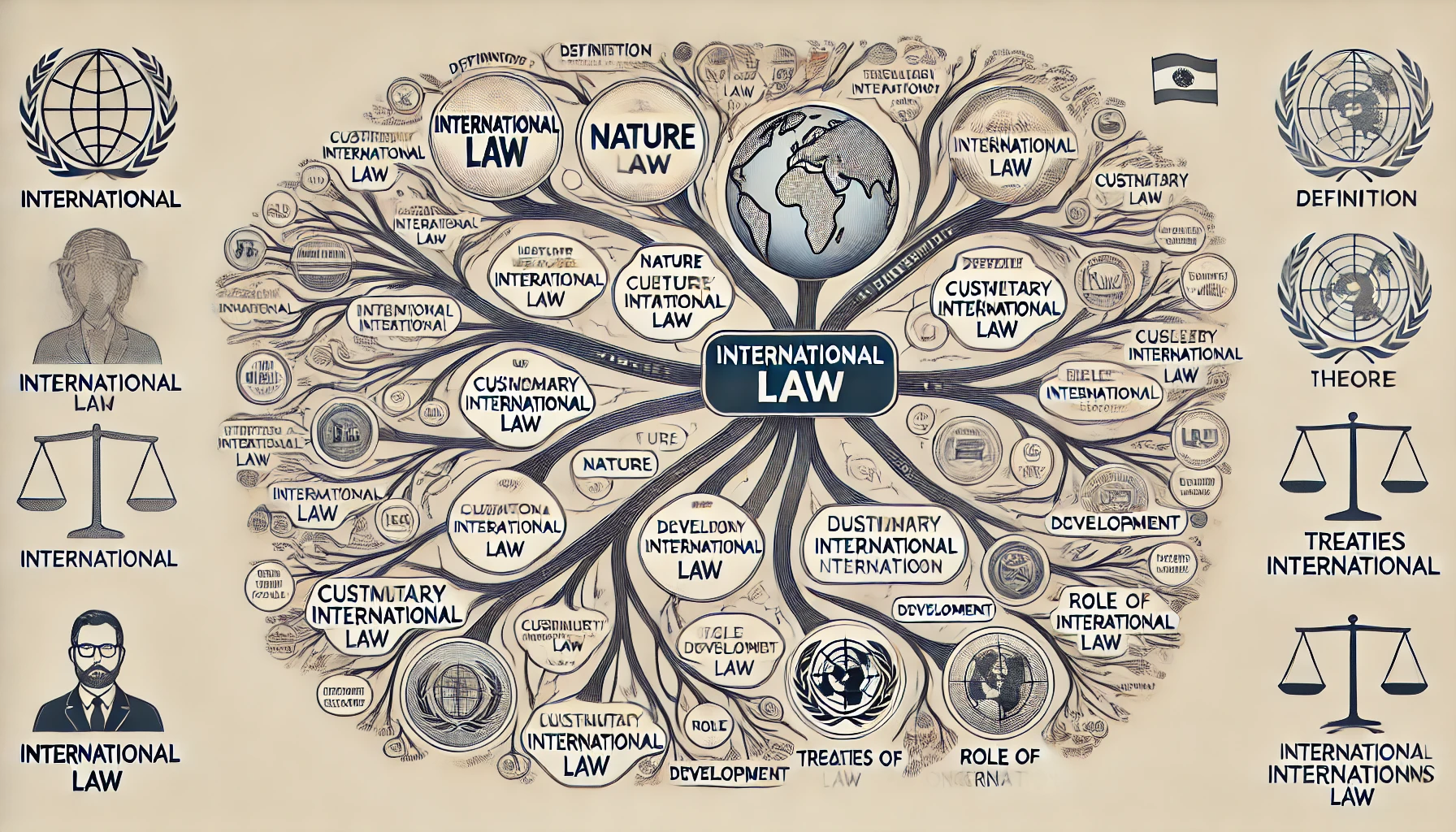
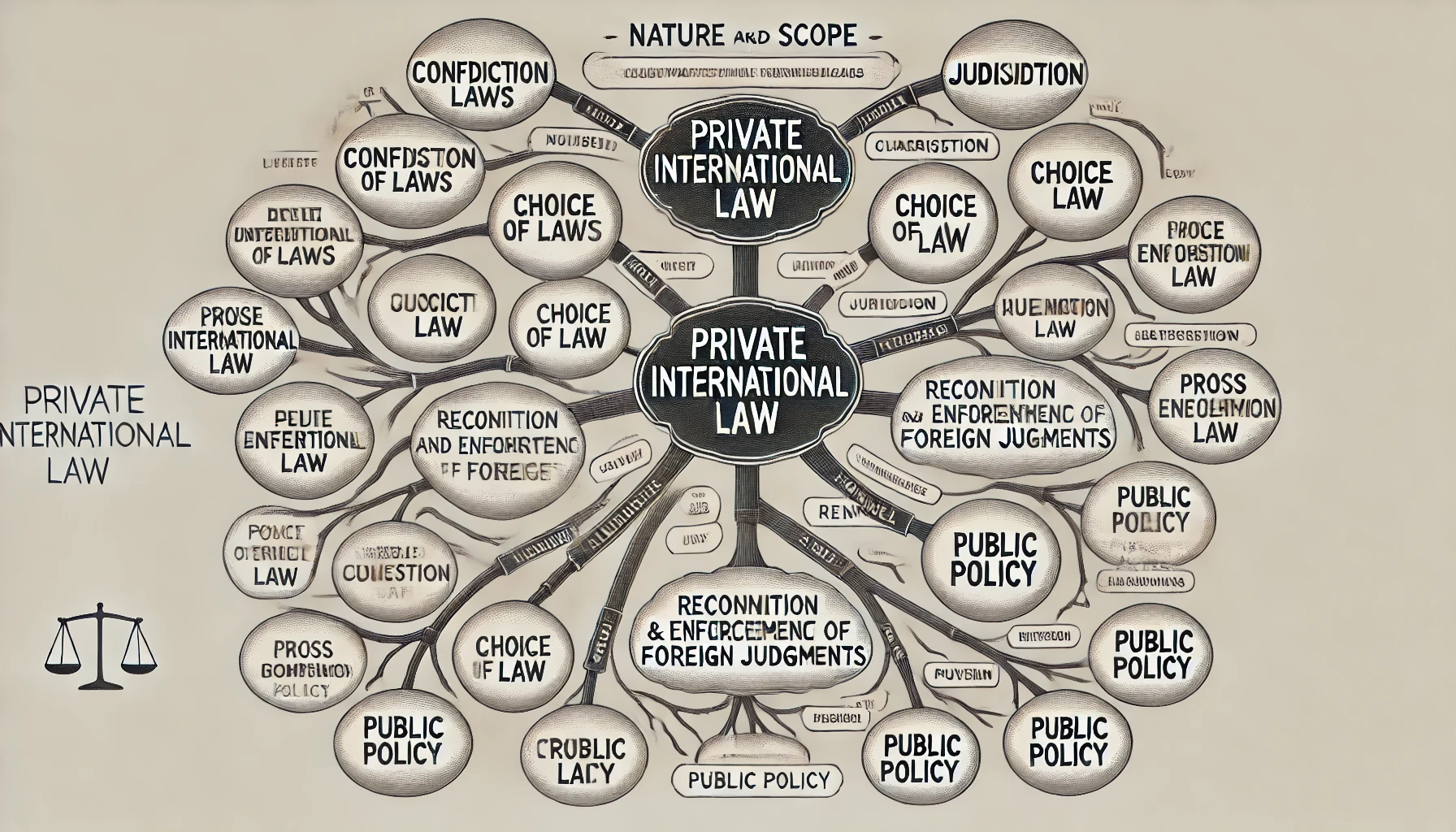


































































































Comment
Nothing for now